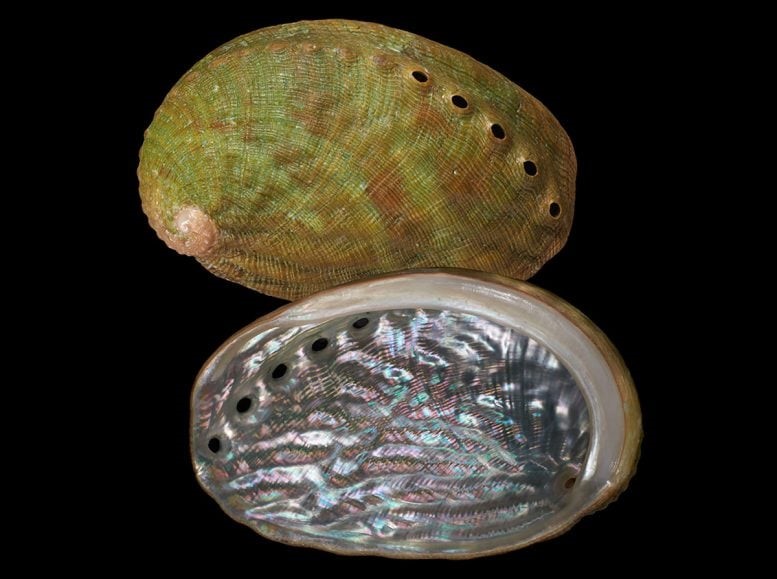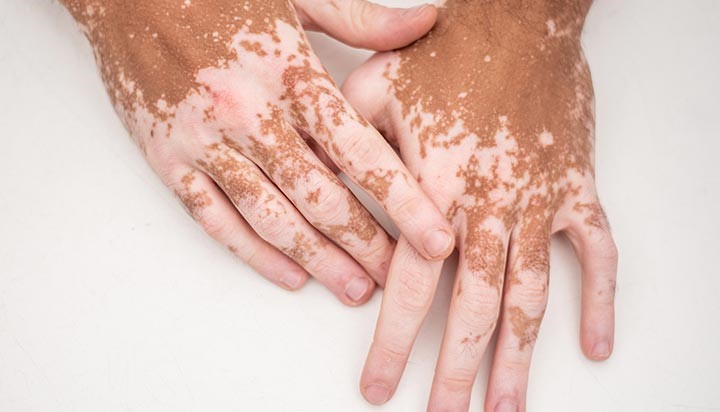Lady Justice Statue
The Supreme Court has recently unveiled a new statue of “Lady Justice”, reimagining the image
- Old version - The lady justice statue typically a blindfolded woman holding a set of scales in one hand and a sword in the other is synonymous with legal practice around the world.
- The blindfold in the classic rendition has been to represent the impartiality of justice.
- History - The imagery of Lady Justice can be traced back to Greek and Roman mythology.
- Themis, one of the 12 Titans born to Gaea and Uranus according to works of the Greek poet Hesiod who lived circa 700 BCE, is known as the goddess of justice, wisdom, and good counsel.
- The first Roman emperor Augustus (27 BCE-14 CE) introduced the worship of Justice in the form of a goddess known as Justitia (or Iustitia). Justitia, like Themis, did not wear a blindfold.
- The blindfold was added during the Renaissance period (14th century) probably as a satire on the corrupt state of legal systems with judicial institutions turning a blind eye.
- In India - The British Raj also introduced the iconography of Lady Justice.
- At the Calcutta High Court first constructed in 1872 images of Lady Justice were carved into the pillars supporting the building.
- New one - It is a 6-foot-tall statue of a saree-clad woman with no blindfold, holding scales a copy of the Constitution of India.
- The new statue with unimpeded vision is meant to signify that Law is not blind, it sees everyone equally.
- Designed by - Vinod Goswami.

References
- The Indian Express | Story of Lady Justice
- India Today | Lady Justice
Nikshay Poshan Yojana (NPY)
Ministry of Health and Family Welfare recently said that it doubles the direct benefit transfer from Rs.500 to Rs.1,000 per month in the NPY for the entire duration of treatment, and initiating the disbursement of Rs. 3,000.
- It is a scheme that provides financial support to tuberculosis (TB) patients under the National Tuberculosis Elimination Program (NTEP).
- Eligibility - All TB patients who are registered or notified on the NIKSHAY portal on or after April 1, 2018 are eligible.
Nikshay is a web-based patient management system for tuberculosis (TB) control in India.
- Benefits - Patients receive a monthly incentive of INR 500 for anti-TB treatment till the completion of treatment.
- The first benefit of INR 1500 to be given upon diagnosis of a person with TB on Ni-kshay.
- Second benefit of Rs 1500 will be generated upon completion of 84 days (3 treatment months) from the date of treatment initiation followed by subsequent generation of benefit at Rs 500 for every month of the treatment extension period.
- All patients who are receiving treatment from both public and private sectors are eligible to receive the benefit.
- Payment method - The incentive is paid in cash and deposited into the patient's Aadhaar-enabled bank account.
- For pediatric patients, the money is deposited into the account of the patient's parent or guardian. In some states, the incentive is provided in-kind, such as food baskets.
- Follow-up - To ensure treatment adherence, patients must undergo a follow-up examination after the first installment.
- If the patient dies, the person/valid relative is eligible to receive the amount.
- It is implemented across all States and UTs in India.
Reference
The Hindu | Nikshay Poshan Yojana (NPY)
Haliotis pirimoana
Rare New Paua Species Discovered in Northern New Zealand recently.
- It is a new species of paua mollusk (also known as abalone).
- Abalones (family Haliotidae) are herbivorous marine gastropods that occupy hard substrates in shallow non-polar regions worldwide.
- Several haliotids are the basis of wild-caught and/or aquaculture fisheries.
- Presently, almost 70 species and many subspecies and forms are scientifically recognized, all in the genus Haliotis.
- Habitat - Haliotis pirimoana lives at 5-47 m depth under rocks and in rock crevices.
- Distribution - It has only been found at Manawatawhi 3 Kings Islands, off the northern North Island.
- Appearance - It resembles other small paua from the North Island but the shell has finer sculpture across its back and a subtly different shape.
- Distinction - Haliotis pirimoana differs further from mainland populations of Haliotis virginea in average shell shape.
- Shell shape generally having a lower profile, especially abapically, a more angular abapical margin, and a flatter, broader, and more sharply delimited umbilical margin.
- Uses - Shells are often prized for art, cultural practices, jewellery, and by shell collectors.

Reference
Sci Tech Daily | Haliotis pirimoana
Vitiligo
A new Kannada film, ‘Bili Chukki, Halli Hakki’ is attempting to take the veil of stigma off from Vitiligo, disease that is usually the subject of stereotypes and ignorance in India.
- Vitiligo is a chronic auto-immune skin disorder that results in the loss of pigment in patches, causing white areas to appear on the skin.
- This condition arises due to the malfunction or destruction of melanocytes, the cells responsible for producing melanin, the pigment that gives skin its colour.
- Symptoms - Those affected develop depigmented patches that may occur anywhere on the body, including the skin, hair, and even the lining of the mouth.
- Causes - The cause of vitiligo is unknown, but it may be related to immune system changes, genetic factors, stress, or sun exposure.
- Triggering factors - Potential triggers could include oxidative stress, physical trauma, severe sunburn, or chemical exposure.
- Frequency - Vitiligo is a common disorder that affects between 0.5% and 2% of the population worldwide.
- It occurs with similar frequency in all ethnic groups, but may be more noticeable in dark-skinned people.
- Risk factors - People with a family history of certain autoimmune diseases have a higher risk of getting this disease.
- The pale areas of skin caused by vitiligo are more vulnerable to sunburn, so it's important to take extra care when in the sun and use a sunscreen with a high sun protection factor (SPF).
- Treatment - There is no cure for vitiligo, but treatments can help stop the progression and reverse its effects.
- Options include topical corticosteroids, calcineurin inhibitors, and phototherapy, which work to slow depigmentation and encourage the regeneration of melanocytes.
- In advanced cases surgical interventions like skin grafting or depigmentation therapy may be considered to even out skin tone.

Reference
Down To Earth | Vitiligo
Ramgarh Vishdhari Tiger Reserve (RVTR)
A Tigress RVT-2 from the Ramgarh Vishdhari Tiger Reserve (RVTR) died recently, a massive setback for tiger conservation in Rajasthan.
- Ramgarh Vishdhari Tiger Reserve (RVTR) is located in Bundi district, Rajasthan.
- Established in – 2022.
- It is the 4th tiger reserve in Rajasthan and the 52nd overall in India.
- The reserve includes the Ramgarh Wildlife Sanctuary as its core area.
- Topography - It represents a mix of Vindhyan and Aravalli geographical features.
- It is in continuation with the buffer area of Ranthambore Tiger Reserve on the north-eastern side and Mukundara Hills Tiger Reserve on the southern side.
- Rivers - Mez, a tributary of the Chambal River, passes through the tiger reserve.
- Vegetation - Dry Deciduous forest.
- Flora – It comprises of fairly dense forest with dhok being the predominant species.
- The major tree species are Dhok (Anoggesius pendula) Khair (Acacia catechu), Amaltas (Cassia fistula), Tendu, Salar, Jamun, Kadamb, Ronjh, Ber, Arjun, etc.
- Fauna - Tigers, Panthers, Sloth Bears, Jungle Cats, Palm Civets, Ratels, Mongoose, Chital, Sambar, Wild Boar, Nilgai, Langur, and more than 150 species of birds.
Reference
Down to Earth | Ramgarh Vishdhari Tiger Reserve (RVTR)


